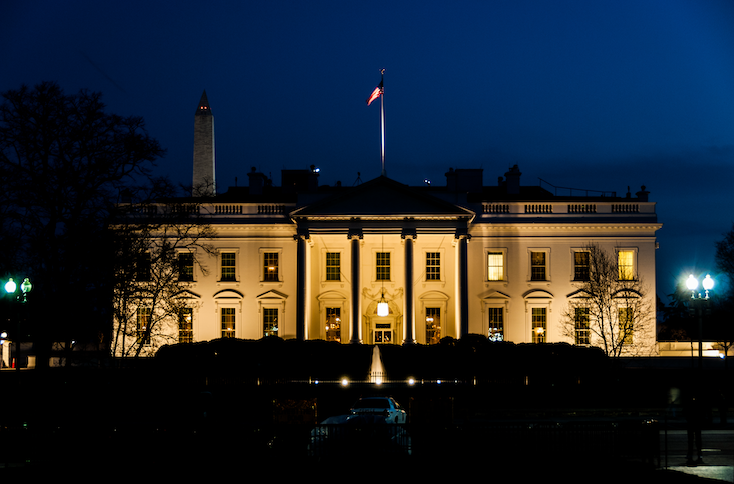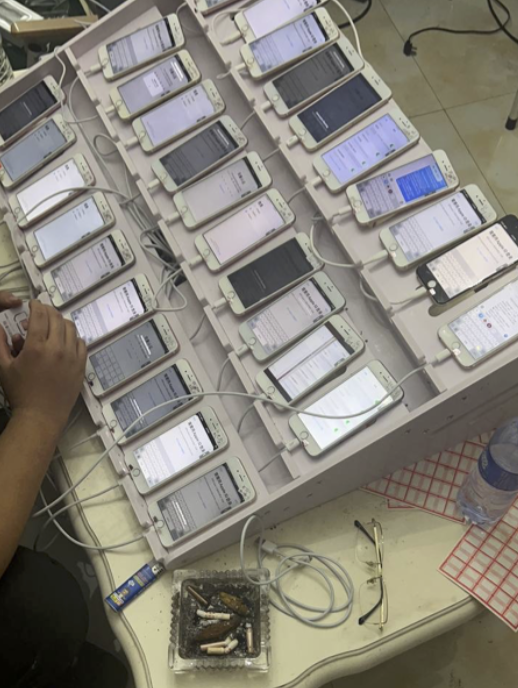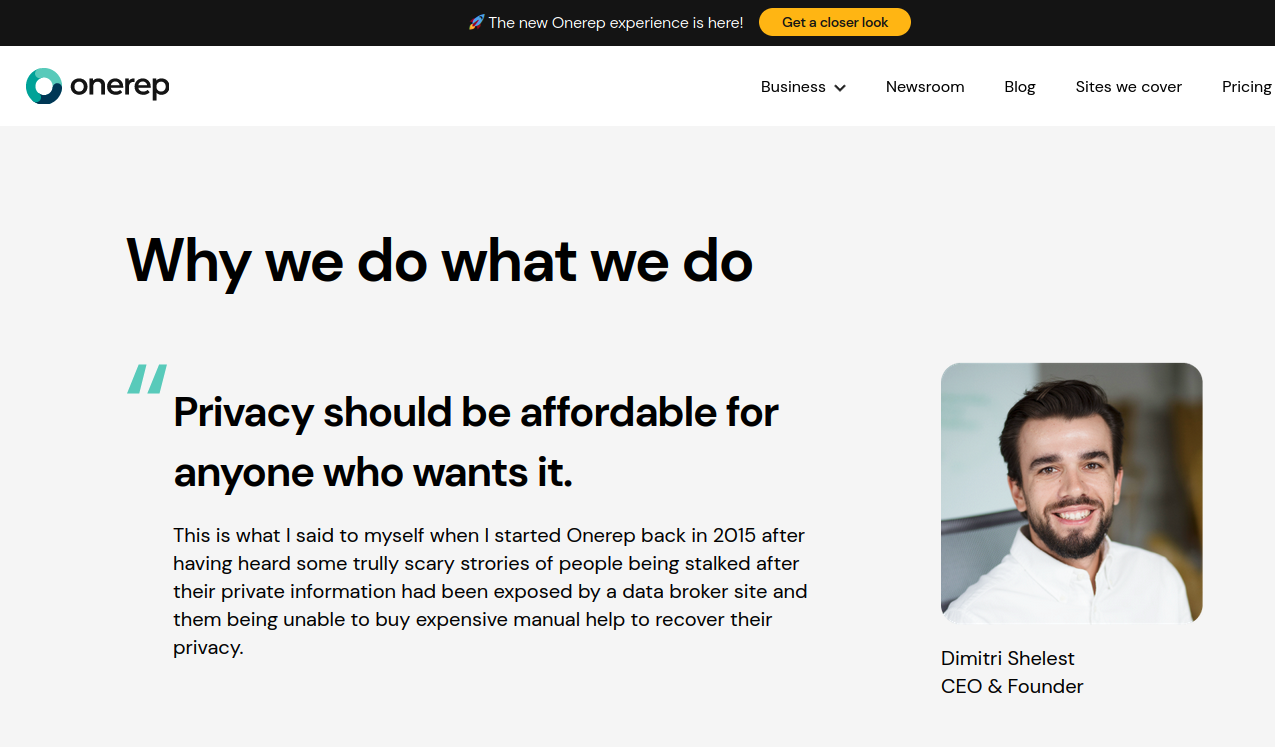What Lessons European Policy Makers Should Take From The Case of South Korea and internet security
As proponents of new interconnection rules in Europe champion a new settlement regime, based on a model of “sending party pays”, there is one important question looming over the debate: why are proponents not championing the case of South Korea, where similar rules were implemented? The simple answer: it’s not a favorable example. The story […] The post Sender Pays: What Lessons European Policy Makers Should Take From The Case of South Korea appeared first on Internet Society.

As proponents of new interconnection rules in Europe champion a new settlement regime, based on a model of “sending party pays”, there is one important question looming over the debate: why are proponents not championing the case of South Korea, where similar rules were implemented?
The simple answer: it’s not a favorable example.
The story of South Korea’s settlement regime is unfortunately one in which bad policy is patched by an even worse policy. In May of this year, we released an Internet Impact Brief on the case of South Korea, where we looked at the implications of the existing rules, and the recently proposed amendments currently discussed in the national assembly.
Our assessment concluded that the rules not only harm users in South Korea but also pose a direct threat to the networking model itself.
So how did South Korea, a country that is often seen as a leader in the digital space, end up with a set of policies that are opposed to the way the Internet works? And what are the lessons for European policymakers? In this blog post, we look at the evolution of the South Korean rules, and how the altering of fundamental norms can cause critical harm to the Internet and its users.
The Beginning of Bad – Regulating Interconnections
The ability to distribute data storage and processing across the network is one of the Internet’s key benefits. When we as users interact with an online service we are rarely interacting with just one server, but rather a network of servers that all contribute to the service’s operations. This includes the use of Content Delivery Networks (CDNs) that store a copy of popular content on dedicated servers (caches) closer to the users. For end users the cache helps improve the quality of the service by reducing latency and increasing resilience, and for the ISP it means reduced costs and improved capacity since they can avoid expensive transit links.
The story of South Korea’s settlement regime starts with one such cache offered by Facebook. Through peering arrangements amongst the largest ISPs (KT, SK Broadband, and LG Uplus), it enabled content that had previously been accessed over expensive transit links to Facebook’s server in, for example, Hong Kong, to now be accessed from Facebook’s cache in KTs network.
If the story had ended here it would have resembled how the Internet has evolved in most other parts of the world: mutual benefits for the ISP and the content provider of improved service quality and reduced costs by driving a service’s data storage and processing closer to users at the edge of the network.
But in 2016 the Korean government implemented a set of amendments to its 2005 interconnection policy that fundamentally altered norms of voluntary negotiated interconnection by instead imposing a “sending party pays” regime. The critical piece of this change was to impose a “mutual settlement” requirement amongst same-tier operators, in which ISPs were required to compensate each other for traffic exchanged between them. Not long after, KT found themselves with large bills from the other two Tier-1 ISPs, asking for payment for the Facebook traffic that was sent from the cache in KTs network.
Faced with these claims for payment, now mandated under the new interconnection rules, KT sought to recoup these costs by instead charging Facebook for the traffic delivered from the cache. When negotiations between KT and Facebook failed, Facebook decided to disable its cache in KTs network, which meant that Korean users were instead routed to other caches overseas.
When Facebook decided to disable its cache in Korea the effects were noticeable. For example, for users in SK’s networks, which had previously retrieved the data from the cache in KTs network, the latency for connecting to Facebook more than quadrupled.




























